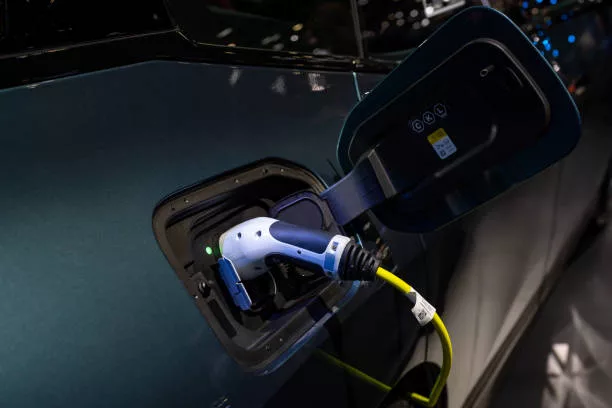As highlighted by an AP article regarding Ford‘s delay with its upcoming electric pickup truck, the American electric vehicle (EV) market faces a significant challenge. Consumers remain skeptical about the shift from traditional gasoline vehicles to EVs, largely due to concerns over range and the availability of charging stations. Recognizing and addressing these apprehensions is crucial to accelerating EV adoption.
Empathizing with EV Skeptics
While many EV enthusiasts consider the worries around electric transportation to be exaggerated, it’s essential to see the situation from a broader perspective. Potential EV buyers have legitimate questions. Common misconceptions, such as the need for unusually long non-stop drives, do not represent the average concerns, which are more focus on practicality and convenience during normal driving conditions, including family road trips.
No comprehensive solution can be offered without understanding that a great majority of the public is not familiar with helpful tools like plug-sharing apps or route planners that could alleviate their concerns. Moreover, the infrequency of road trips does not discount their importance to a potential buyer, highlighting the need for EVs that can fully replace conventional cars without compromises.
Strategizing for a Better EV Reception
The solution doesn’t lie in denying the problem or promoting one brand over another but in authentic, user-shared experiences. There’s a burgeoning online presence of EV owners showing what traveling in an electric car is genuinely like, with content creators like Out of Spec and Bearded Tesla providing real-world insights and experiences. Yet, this representation is limited, often focusing on popular models and excluding a broader range of electric vehicles.
Driving awareness outside the existing EV community is equally important. While sharing experiences with like-minded individuals helps reinforce the benefits of EV ownership, it does not necessarily convert new users. Creating content that is engaging beyond the EV specifics, focusing on the destinations and journeys, can help bridge this gap and attract mainstream attention.
Contributing to the EV Narrative
Ultimately, there is a need for EV advocates to spread their message beyond the current echo chambers. By emphasizing the adventures and destinations themselves, rather than the vehicles used to reach them, the narrative can shift towards a more inclusive and appealing message for non-EV users. Such storytelling, focused on the experience rather than the technology alone, could play a pivotal role in changing public perception and fostering wider acceptance of electric vehicles.


























